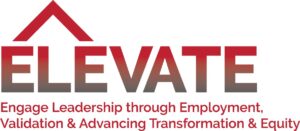It’s a mess out there. If you’ve been on a dating app recently, you probably know what I’m talking about – the deluge of unrequested photos, trying to string along a conversation from one-liner responses, the made-and-broken plans to meet up. Then, of course, we have the toxicity. People ghosting. People, under the guise of near anonymity, saying racist or stigmatizing things that they might not in the light of day. The constant judgement of one’s face or body as good, or good enough, or not quite either.
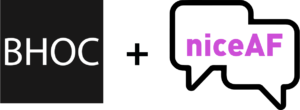 What exactly, though, does any of this have to do with our work at NMAC? More than we thought, it turns out. According to the researchers who penned NiceAF, a recent report sponsored by Building Healthy Online Communities (BHOC), consistent negative experiences on dating/hookup apps can actually increase a person’s chances of acquiring HIV. From the report: “Yale University researchers, John Pachankis and Charles Burton, found that for some gay and bi men, being repeatedly rejected by other gay and bi men online is associated with greater risk for HIV and symptoms of depression and anxiety.”
What exactly, though, does any of this have to do with our work at NMAC? More than we thought, it turns out. According to the researchers who penned NiceAF, a recent report sponsored by Building Healthy Online Communities (BHOC), consistent negative experiences on dating/hookup apps can actually increase a person’s chances of acquiring HIV. From the report: “Yale University researchers, John Pachankis and Charles Burton, found that for some gay and bi men, being repeatedly rejected by other gay and bi men online is associated with greater risk for HIV and symptoms of depression and anxiety.”
In NMAC’s Treatment division, we often talk about identifying gaps in knowledge that need to be filled. Right now, we have the tools at hand to end this epidemic: effective HIV treatments, PrEP, PEP, and condoms. In this movement, we need to do a better job of understanding how to better empower people, especially queer people of color, to utilize these tools according to their own needs. Treatment and adherence education is a big part of that, as is advocating for structural change at every level of power.
And yet, there’s still another factor to address, a deep and nebulous one, before we can finally end the epidemic. That, of course, is figuring out how to lessen the levels of shame and stigma in queer communities, especially around HIV. On one level, the fact that there is still so much shame and stigma is understandable, given all the ways that the white supremacist heteropatriarchy signals to queer folks of color that this world was not made for us.
We would be remiss to ignore, however, that part of this shame and stigma is perpetuated by our own communities. Perhaps researchers are picking up on something that folks have intuitively felt for a long time: many of us expect this kind of stigma from straight people, but the effects can be deleterious after consistently hearing it from those we might be counting on.
 At the root of our work in Treatment is really thinking about the ways that we, particularly queer folks of color, relate to one another and to tailor adherence and prevention education programming to those lived realities. One thing that we are learning more and more about, thanks in large part to the work of activists/researchers (like those at BHOC), is that the stresses queer communities of color experience are complex, and our interventions need to be nimble enough to respond. It’s one of the reasons we are so passionate about our Gay Men of Color Fellowship, and the innovative work they do to share life-changing information with their social networks in a culturally competent way. It’s this kind of work, an assurance that there is a supportive community out here, that motivates us each day.
At the root of our work in Treatment is really thinking about the ways that we, particularly queer folks of color, relate to one another and to tailor adherence and prevention education programming to those lived realities. One thing that we are learning more and more about, thanks in large part to the work of activists/researchers (like those at BHOC), is that the stresses queer communities of color experience are complex, and our interventions need to be nimble enough to respond. It’s one of the reasons we are so passionate about our Gay Men of Color Fellowship, and the innovative work they do to share life-changing information with their social networks in a culturally competent way. It’s this kind of work, an assurance that there is a supportive community out here, that motivates us each day.
Jonathan Ayala
Program Coordinator – Treatment Division
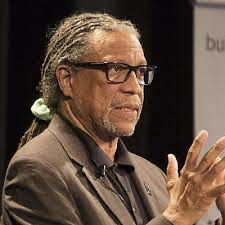 Don Edwards
Don Edwards
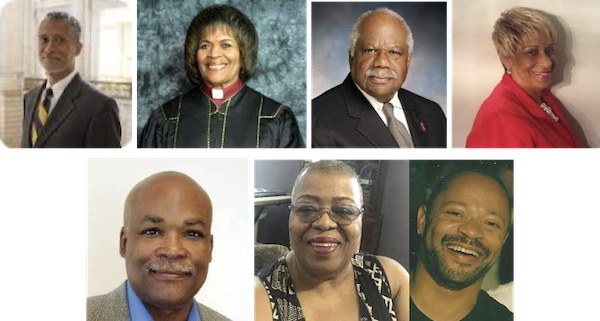 African American Members of NMAC’s Founding Board
African American Members of NMAC’s Founding Board Current African American Board Members
Current African American Board Members African American Community Advisory Members
African American Community Advisory Members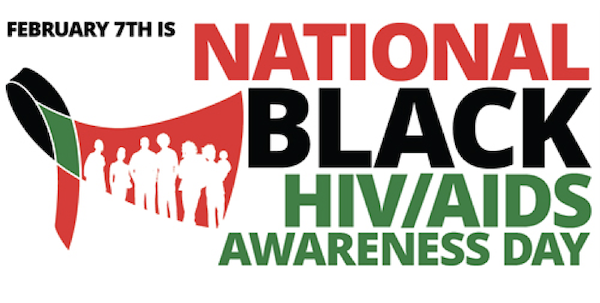
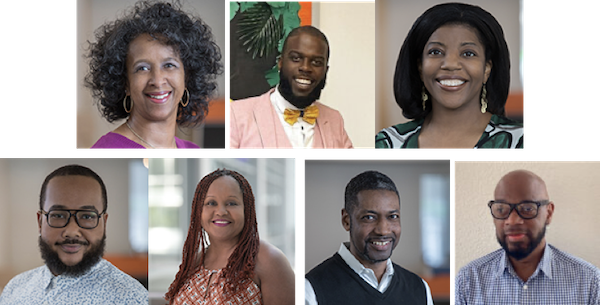
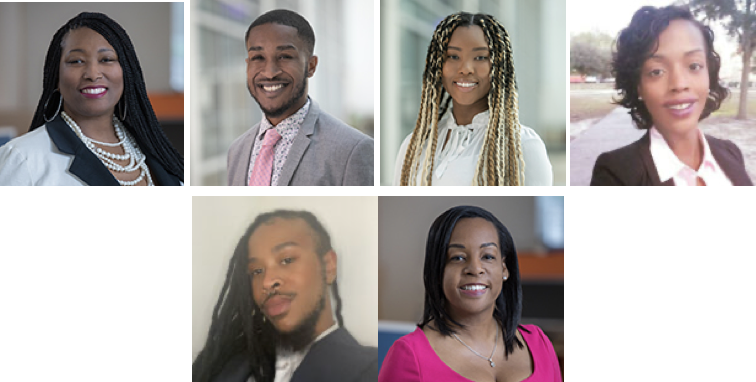

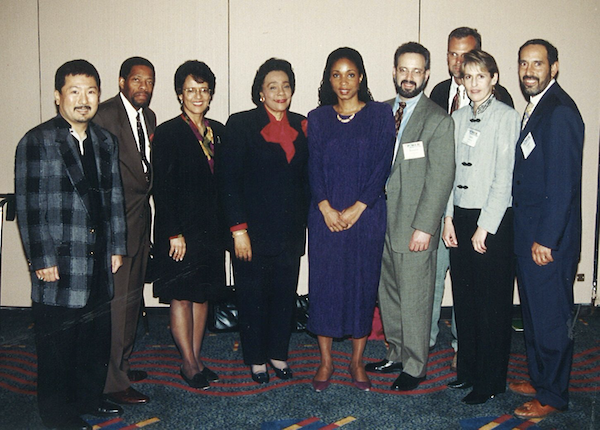
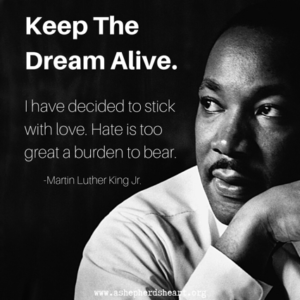
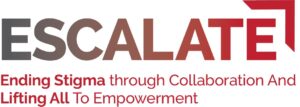


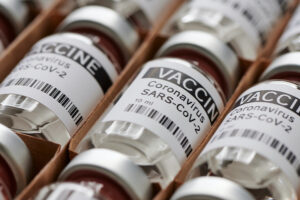

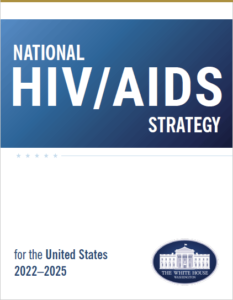

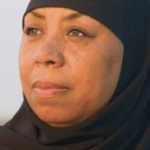
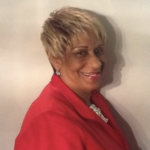
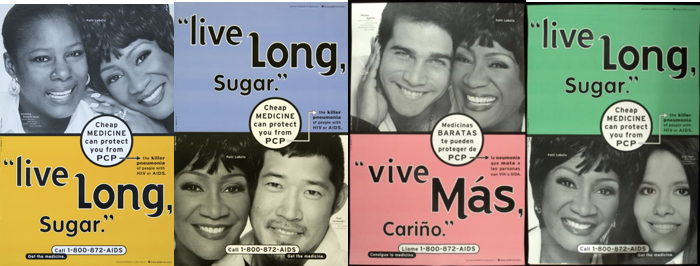
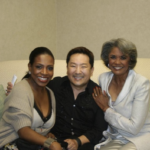
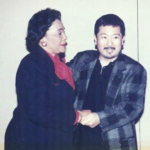
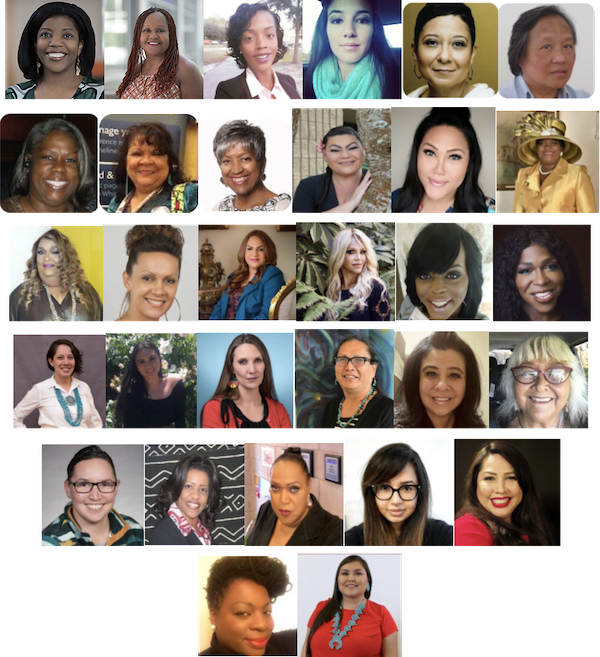

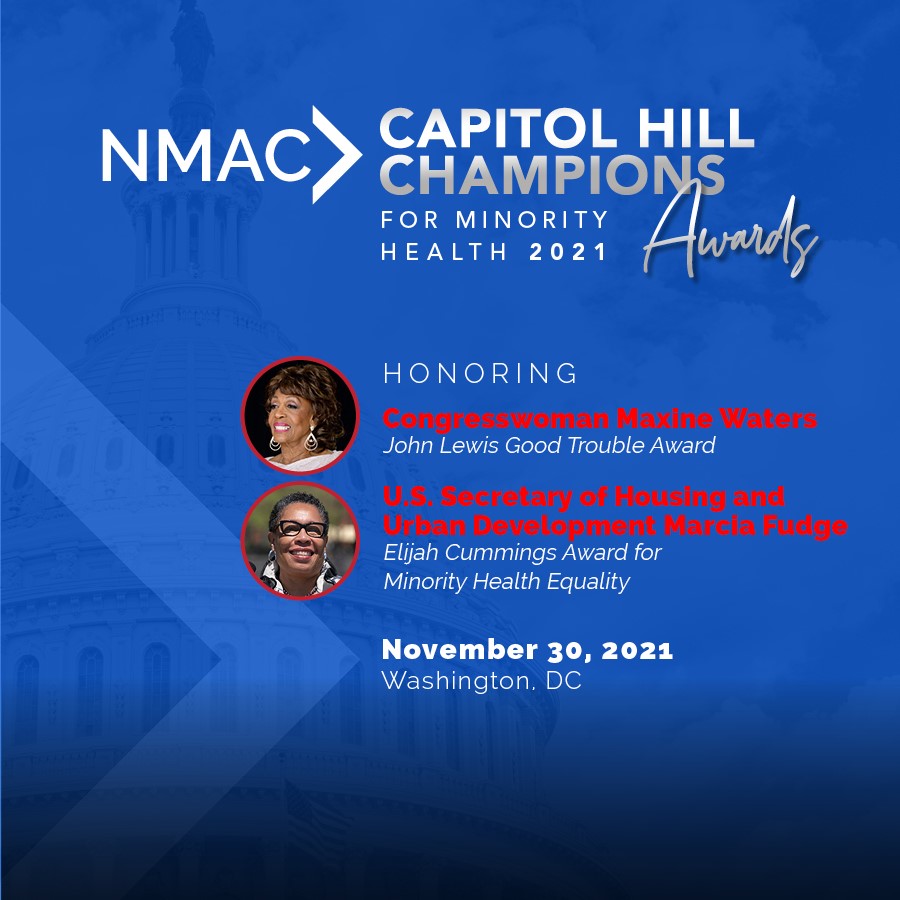

 The call from the hospital. A stranger telling you to come quickly because your friend is about to pass. When I got the call for Michael, I was in Washington and needed to rush to New York. I remember hopping that shuttle and praying that he would hold on so I could say goodbye. The taxi ride from LaGuardia to Saint Vincent’s was one of the longest in my life. As I rushed down the hall, I saw Michael’s mother and sister sobbing. My heart sank. I thought he was gone. Just then Rona Affoumado came up to me and said “Oh God, you just made it. The family has just decided to pull the plug.” I wasn’t too late. Rona escorted me into Michael’s room. It was all pumps and whistles from the many machines trying to keep him alive. It had that funny smell, the smell of death. Michael had been unconscious for the last 24 hours. The morphine had stopped the pain and allowed him to sleep. As they turned the machines off, there was an eerily silence. I held Michael’s hand and told him how much I loved him. Just then, his eyes opened, and a single tear rolled down his cheek… and then he was gone. The nurse would later tell me that his opening his eyes was probably just a reflex, but to me it was a sign. It was Michael saying goodbye. I close my letters and emails with “Yours in the struggle” to honor his life and the lives of so many that we lost.
The call from the hospital. A stranger telling you to come quickly because your friend is about to pass. When I got the call for Michael, I was in Washington and needed to rush to New York. I remember hopping that shuttle and praying that he would hold on so I could say goodbye. The taxi ride from LaGuardia to Saint Vincent’s was one of the longest in my life. As I rushed down the hall, I saw Michael’s mother and sister sobbing. My heart sank. I thought he was gone. Just then Rona Affoumado came up to me and said “Oh God, you just made it. The family has just decided to pull the plug.” I wasn’t too late. Rona escorted me into Michael’s room. It was all pumps and whistles from the many machines trying to keep him alive. It had that funny smell, the smell of death. Michael had been unconscious for the last 24 hours. The morphine had stopped the pain and allowed him to sleep. As they turned the machines off, there was an eerily silence. I held Michael’s hand and told him how much I loved him. Just then, his eyes opened, and a single tear rolled down his cheek… and then he was gone. The nurse would later tell me that his opening his eyes was probably just a reflex, but to me it was a sign. It was Michael saying goodbye. I close my letters and emails with “Yours in the struggle” to honor his life and the lives of so many that we lost.
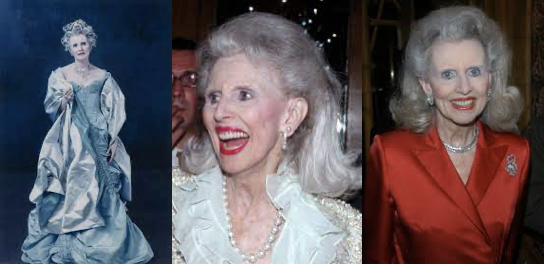

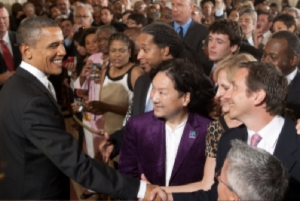
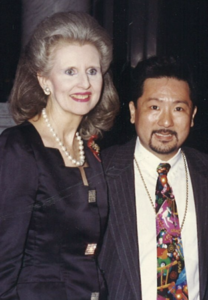


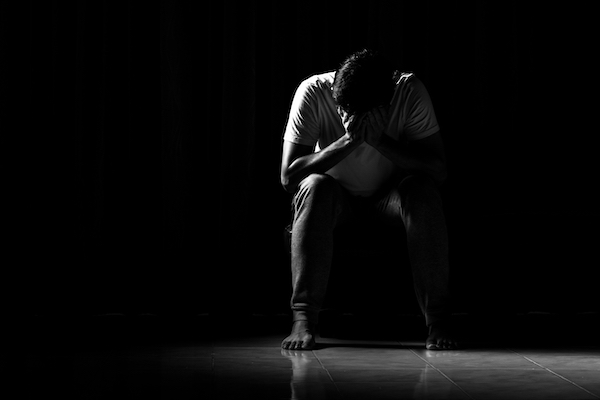
 Just to be clear, I am not a therapist, but I do have one. I get one hour every other week to talk just about me and my fears. This is a privilege that is not available to most people and that needs to be fixed. I’m transparent about therapy to dispel the stigma and fear surrounding this topic. I grew up in a world where depression was viewed as a sign of weakness. Only rich White people had psychiatrists. I feel pain because I am a person of color living in America. Buck up and get over it. As a result, I spent too many years not addressing the elephant in the room. I’m in pain. The early days of the epidemic had taken their toll. I never took the time to reconcile what happened to me and my friends and to weep for all that was lost. There was a whole generation taken too soon.
Just to be clear, I am not a therapist, but I do have one. I get one hour every other week to talk just about me and my fears. This is a privilege that is not available to most people and that needs to be fixed. I’m transparent about therapy to dispel the stigma and fear surrounding this topic. I grew up in a world where depression was viewed as a sign of weakness. Only rich White people had psychiatrists. I feel pain because I am a person of color living in America. Buck up and get over it. As a result, I spent too many years not addressing the elephant in the room. I’m in pain. The early days of the epidemic had taken their toll. I never took the time to reconcile what happened to me and my friends and to weep for all that was lost. There was a whole generation taken too soon. Here I am, 40 years later, and I can still recall the deaths of too many people. The hospital rooms that had that awful antiseptic smell. The nurses who became my best friends as they made up a bed so I could stay in the hospital rooms of friends. Colleagues who died too quickly so friends could not say good-bye. Friends who lingered too long in pain, fighting for every breath. I was a kid in my 20s when the epidemic started, too young to understand the enormity of what was happening to me and my friends. Too naive to be afraid, I just wanted to help.
Here I am, 40 years later, and I can still recall the deaths of too many people. The hospital rooms that had that awful antiseptic smell. The nurses who became my best friends as they made up a bed so I could stay in the hospital rooms of friends. Colleagues who died too quickly so friends could not say good-bye. Friends who lingered too long in pain, fighting for every breath. I was a kid in my 20s when the epidemic started, too young to understand the enormity of what was happening to me and my friends. Too naive to be afraid, I just wanted to help. I am wounded. It is what it is. Sunshine is my pathway to healing. Too many from my generation are part of the walking wounded. Too many from this generation will soon join us. These are traumatic, fearful times. There are real reasons to be sad and afraid. Leadership can also be about telling the truth and helping the next generation move beyond the pain.
I am wounded. It is what it is. Sunshine is my pathway to healing. Too many from my generation are part of the walking wounded. Too many from this generation will soon join us. These are traumatic, fearful times. There are real reasons to be sad and afraid. Leadership can also be about telling the truth and helping the next generation move beyond the pain.